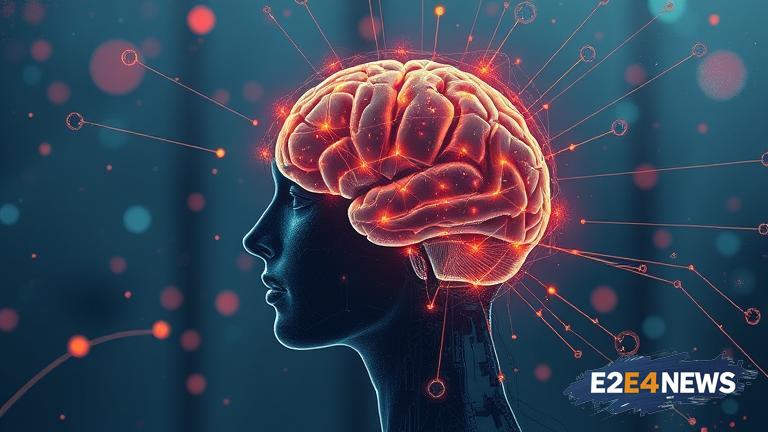The advent of Artificial Intelligence (AI) has sparked intense debate about its potential impact on human intelligence. However, a growing body of research suggests that AI is not a replacement for human intelligence, but rather a complementary tool that can enhance and augment our cognitive abilities. By leveraging AI’s capabilities, humans can unlock new levels of creativity, productivity, and innovation. AI can assist in tasks such as data analysis, pattern recognition, and problem-solving, freeing humans to focus on higher-level thinking and strategic decision-making. Moreover, AI can help identify biases and errors in human thought processes, promoting more objective and informed decision-making. The integration of AI and human intelligence can also facilitate the development of new skills and expertise, as humans learn to work in tandem with AI systems. This collaboration can lead to breakthroughs in fields such as medicine, finance, and education, where AI can help analyze complex data sets and provide insights that might elude human analysts. Furthermore, AI can enable humans to tackle complex, dynamic problems that require real-time data analysis and adaptation. The synergy between human and artificial intelligence can also foster a more nuanced understanding of human cognition, as researchers study how AI systems process and generate information. This, in turn, can inform the development of more effective AI systems that are tailored to human needs and capabilities. As AI continues to evolve, it is likely to play an increasingly important role in enhancing human intelligence, from improving learning outcomes to facilitating more effective collaboration and communication. The potential applications of AI in cognitive enhancement are vast and varied, ranging from personalized learning platforms to AI-powered tools for mental health and wellness. While some may worry about the potential risks and challenges associated with AI, the benefits of AI-enhanced human intelligence are undeniable. By embracing AI as a complementary tool, humans can unlock new levels of cognitive potential, drive innovation, and create a brighter future for all. The future of human intelligence is not about replacing humans with machines, but about creating a harmonious partnership between humans and AI. This partnership can lead to unprecedented advances in fields such as science, technology, engineering, and mathematics (STEM), as well as the arts and humanities. As we continue to explore the possibilities of AI-enhanced human intelligence, we may uncover new and innovative ways to apply AI in various domains. The key to unlocking the full potential of AI is to recognize its limitations and capabilities, as well as its potential to augment and enhance human cognition. By doing so, we can create a future where humans and AI collaborate to achieve greatness, rather than competing against each other. The possibilities are endless, and the future of human intelligence has never been brighter. With AI by our side, we can tackle the most pressing challenges facing humanity, from climate change to social inequality. The time to embrace AI-enhanced human intelligence is now, and the rewards will be well worth the effort. As we embark on this exciting journey, we must remember that AI is not a replacement for human intelligence, but a powerful tool that can enhance and augment our cognitive abilities. By working together, humans and AI can achieve greatness and create a brighter future for all. The potential of AI to enhance human intelligence is vast and varied, and it is up to us to unlock its full potential. With the right mindset and approach, we can harness the power of AI to drive innovation, improve lives, and create a better world for all.
